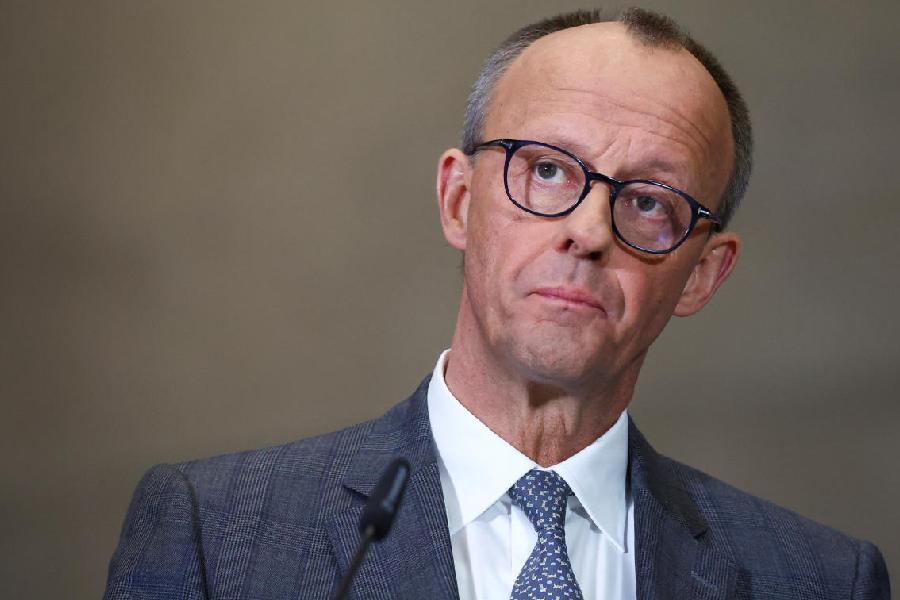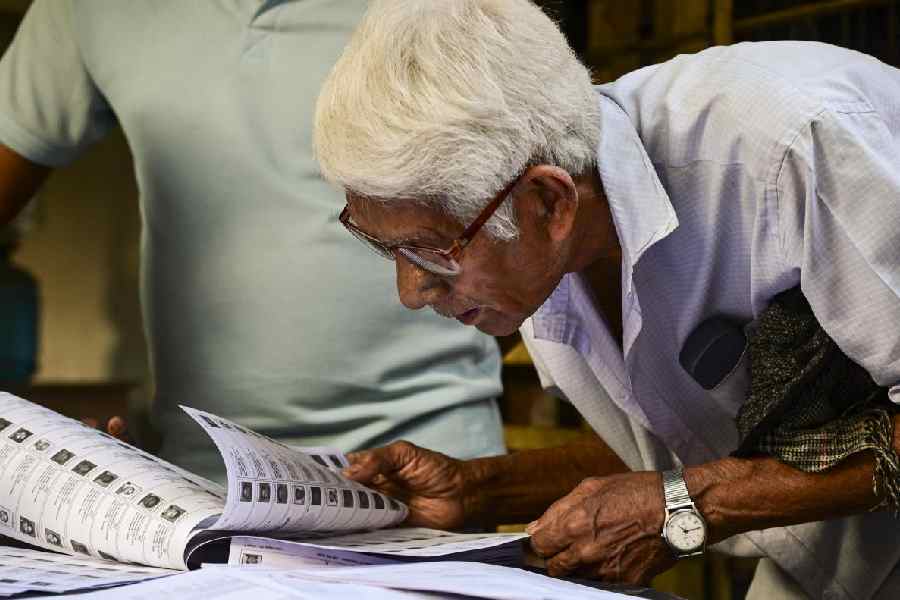A historic Centrist alliance under the new chancellor, Friedrich Merz, is attempting a revival of pragmatic centrism in Germany. Merz failed to secure the chancellorship in the first round of voting; he took the oath of office after winning the second round. The alliance between the Christian Democratic Union of Germany-Christian Social Union and the Social Democratic Party of Germany, forged in crisis, recalls the first 1966 grand coalition. Then, the threat was an economic downturn and a resurgent far-Right. Today, the challenge comprises prolonged economic stagnation, the far-Right Alternative for Deutschland surging to second place, and a transatlantic security order fraying under Donald Trump’s shadow.
Germany is attempting to reclaim the political centre not by rhetorical moderation but through pragmatic statecraft. By relaxing the debt brake, the coalition has punctured the myth of eternal austerity. Merz, a former fiscal hawk, has turned Keynesian under pressure. During the campaign, Merz championed the debt brake; only days after winning February’s snap election, he abruptly dropped his opposition to debt-financed spending. Enshrined in the Constitution by Angela Merkel’s CDU-led government in 2009, Germany’s ‘debt brake’, which limits structural deficits to 0.35% of GDP, was credited for helping the country navigate the 2008 financial crisis. Ironically, it is now Merz’s CDU-led government that is pushing for its reinterpretation. He justified the U-turn by citing a “rapidly changing situation”.
Defence is priority number one. With Washington no longer reliable, Berlin plans to pump funds into the Bundeswehr to meet NATO commitments and bolster Europe’s ability to stand on its own. But defence spending remains deeply contested: both Die Linke and the Alliance for Reason and Justice had tapped into public unease over the agenda, campaigning for cuts and finding surprising resonance with voters.
Infrastructure is second on the plate. Decades of under-investment have left Germany with creaking railways, potholed roads and slow internet. The new €500 billion fund seeks to modernise transport, energy networks and Germany’s industrial base. Crucially, a sizeable portion, €100 billion, has been earmarked for “climate and economic transformation” projects.
Reversing the mood of decline is not just an economic goal but also a political imperative. Voters drifting into the arms of the far-Right have often been motivated by despair and resentment born of economic malaise. Indeed, the dramatic intervention has already denied the AfD one victory: had the debt-brake reform waited until the new Parliament, the far-Right and the Left could have blocked it. Instead, Merz corralled Centrist MPs to push it through. But Merz’s government must reassure markets and younger citizens that today’s spending won’t become tomorrow’s debt trap. Merz’s CDU has also accepted some of the SPD’s social priorities, pairing substantial public spending with modest tax relief for families and businesses. Managing such a diverse agenda will severely test this coalition’s unity. Unless productivity improves or appropriate immigration rises, Germany’s demographic squeeze will hamper growth. Merz’s administration acknowledges the gravity, suggesting tax incentives for seniors to continue working and attracting skilled migrants. After years of merely paying lip service to ‘digital transformation’, Germany now appears serious about digitising its paper-driven bureaucracy.
For too long, European Centrists have talked about a ‘radical centre’ without delivering much substance. Germany’s new coalition is attempting to change that. Berlin’s new playbook is approaching to break paralysis and confront challenges head-on with massive public investment to spur growth, reforms to unlock productivity, and a resolute stance against ‘extremists’. If Europe’s beleaguered liberal democracies are to find a way forward, they could do well to follow Germany’s lead.
Abhishek Roy Choudhury is a German Chancellor Fellow under Alexander von Humboldt Foundation. Views are personal










